What I Wish I’d Known: Laura Nanni
In What I Wish I’d Known, Graham Isador asks theatre artists what advice they’d give younger versions of themselves. The question is a jumping-off point for larger conversations about the artist’s work.
This year will be my fifth Summerworks Festival. Without hyperbole, I can say that the festival is the only reason anyone knows my theatre work at all. Summerworks has been a place where I’ve gotten to test out big ideas, and excluding the year where I tried to theatricalize grief using overhead projectors and contact improv, the shows have been successful. In part that’s due to the fact Laura Nanni — artistic and managing director at Summerworks – has played a big role in dramaturgy for my writing…though I’m not sure she’d even recognize it as that.
During the selection process for Summerworks, Nanni has often phoned with follow up questions about my applications. Among her many talents, she’s great at sussing out the core of ideas, their relevance, and why people should care. She always has a perspective I haven’t considered or a well-thought-out comment that informs the work. These chats have always made my ideas stronger and I’m grateful that Nanni has continued to let me in the fest after my mumbling, naval gazy, answers.
Recently, I had a chance to catch up with Nanni ahead of Summerworks to have a chat about the fest, how her perspective has changed since she took over Summerworks, and the sense of responsibility that comes with curation. You can read our chat below.

Laura Nanni | Photo by Graham Isador.
Graham Isador: Summerworks is a major reason anyone has paid any attention to my work. Are you conscious of the role that the festival plays in people’s careers?
Laura Nanni: Absolutely. SummerWorks has had an impact on my career as well. Many of the folks I collaborate with and work with today I first met at the Festival. SummerWorks is a platform to discover and be discovered, to experiment and test, to intersect and connect. It is also place for professional development and learning for everyone that engages with it, whether you are front and centre, in the audience, or behind the scenes.
Is there a sense of responsibility you feel with that? Running the festival?
I feel a lot of responsibility to ensure it is a positive experience, and a safe space to take creative risks, but I also see a lot of possibility in it, which is exciting to me. I’m always learning and thinking about how we can improve for the artistic community and the public.
Interesting. Can you speak to a show you were proud of facilitating?
As much as I may feel proud of a show or experience being in the Festival, I’m also always honoured that artists have chosen the platform of the Festival to showcase their work or test their new ideas. Two recent ones that come to mind: The Negroes are Congregating by Natasha Adiyana Morris and Diana Reyes’ Third World. Both projects were part of the SummerWorks Lab in 2018 and engaged the audience in post-show discussions, one a long table, the other a Q&A. It was wonderful to witness how engaged the audiences were in providing feedback and discussing issues raised by the work and to know that the artists were using that experience to further each projects’ development.
Being involved in SummerWorks resulted in Natasha’s piece touring in the US and Switzerland, being translated for French audiences, and it’s now slated to be presented in Passe Muraille’s upcoming season. Diana’s work went on to be presented as part of the Manilla Fringe and she will be taking part in a research trip to the Edinburgh Festival Fringe supported by SummerWorks and Ontario Presents, to connect with more opportunities overseas.
Recently you spoke about strategic planning for the fest’s future. What would your ideal set up for SummerWorks be in – say – five years?
One of the things that attracted me to SummerWorks was the opportunity I saw for building bridges, across disciplines, between different parts of the city, across the country, and beyond. We are at the beginning stages of building initiatives that are seeing more of this happen, and I see these collaborations deepening over the next few years. I hope the importance I place on supporting artists and creative risk, community building, the public, and accessibility comes through in how the organization continues to evolve.
I’m very proud of what we’ve done by building the SummerWorks Lab stream. It invites artists to share work at a crucial stage of development, to consider the potential for the Festival as a laboratory where they can experiment, test new ideas, and share process; acknowledging that engagement with an audience can inform the future development of the work. We also formalized the SummerWorks Exchange last year, which encompasses our industry and professional development activities. This includes practical workshops, networking opportunities between artists and industry professionals from Canada and beyond. The focus of this year’s Exchange is the concept of ‘making space’ as it relates to accessibility and sustainability practices, reconnecting with the land through an Indigenous lens, and site-specific creation.
Some significant areas where accessibility practices have expanded include the addition of more free performances and workshops, more relaxed performances, ASL interpreted events, elimination of the participation fee for artists, and more engagement with community partners inside and outside of the performing arts.
One of the biggest challenges I’ve faced while creating has been balancing half a dozen jobs to pay bills. Funding has also been an issue at every arts organization I’ve been associated with. Do you feel there are limits to what you can do without bigger support?
Ideally, SummerWorks would be better resourced to make more ambitious ideas reality and to increase our impact. There are limits to the scale of work we can support, and how much we can say yes to from year to year. This is one of the reasons we streamlined and adjusted the scale of our activities last year – so that we could offer a better-supported experience for artists and audiences. I’m interested in making decisions that improve the sustainability of the organization and the sector. We strive to get better, not bigger. The trouble with an emphasis on doing more without an increase in resources to match, and building ‘the biggest festival to date” is that the resources can be spread too thin. There is no limit however, to the imagination and sense of adventure for our artists, partners, audience, and team.
I feel like that’s a similar answer that I had when I asked Nightwood’s Andrea Donaldson about what she was trying to do. How do you keep yourself from getting burned out while trying to make the fest work?
This is something I’m continually working at. Surrounding myself with creative, supportive and playful people is an important part of this. Making time for reflection and wonder in every day is also key. Walks in the sunshine, listening to music, and keeping healthy snacks around is also part of the recipe.
That’s sort of the opposite of my Red Bull and anger approach. The set up for these articles is asking what advice you’d give to your younger self. What would do you wish you’d have known when taking over Summerworks? Is there anything that would have made things easier?
If I could go back I would tell myself not to be afraid to ask lots of questions, and I would remind myself that I have a strong and supportive community around me that I can ask for help. Cultivate the same environment of creativity and fun for yourself that you wish for the artists and audience you plan for.
Thanks so much for taking the time to do this. Can you talk to me about what you’re excited for at Summerworks this year?
I am really excited about the new spaces we have added to the mix like Longboat Hall and expanding our presence in public spaces: we have programming at Ontario Place on the waterfront, at the Sanderson Public Library, as well as in parks, streets and alleyways this year. We are also bringing back Late Nights, co-curated with Liza Paul and Luke Reece, and have programmed some really fun and biting comedy, burlesque and spoken word. I’m thrilled that we’ve been able to make these late-night offerings free. Many artists well known to SummerWorks audiences are returning and working in new ways this year; I’m always excited to see creators venture into new territory.
There are also quite a few unique projects involving intergenerational collaboration that I think audiences will enjoy. Shows like CHILD-ISH, Worry Warts, rochdale, and Encumbrance have all brought together intergenerational teams. The intersection of different perspectives and levels of experience yields some really dynamic work. I can see more of this happening in the future.
SummerWorks Performance Festival 2019 is on August 8th – 18th. For tickets and more information click here.
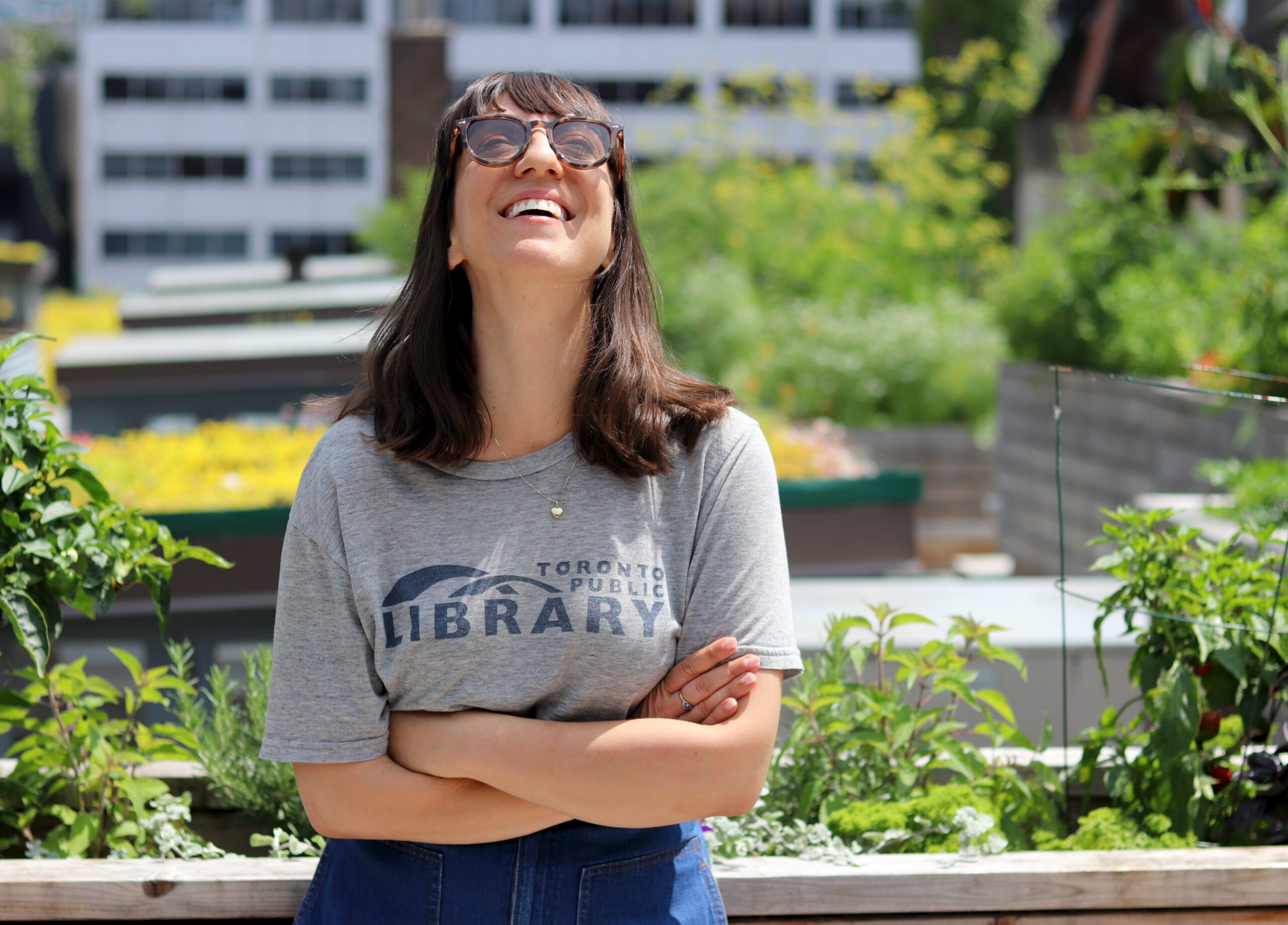
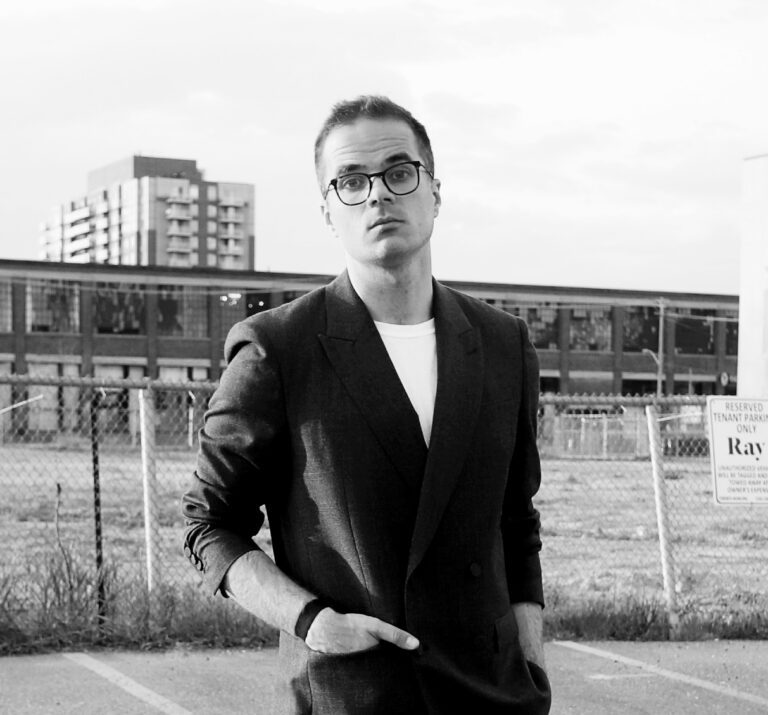
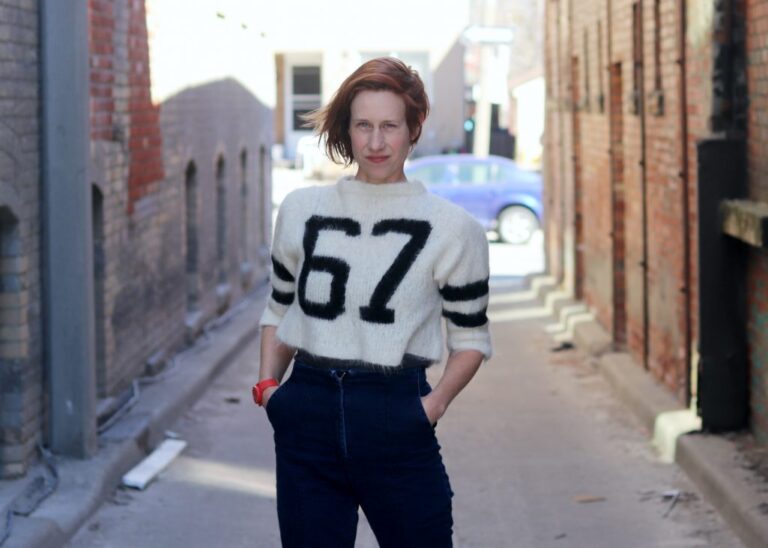
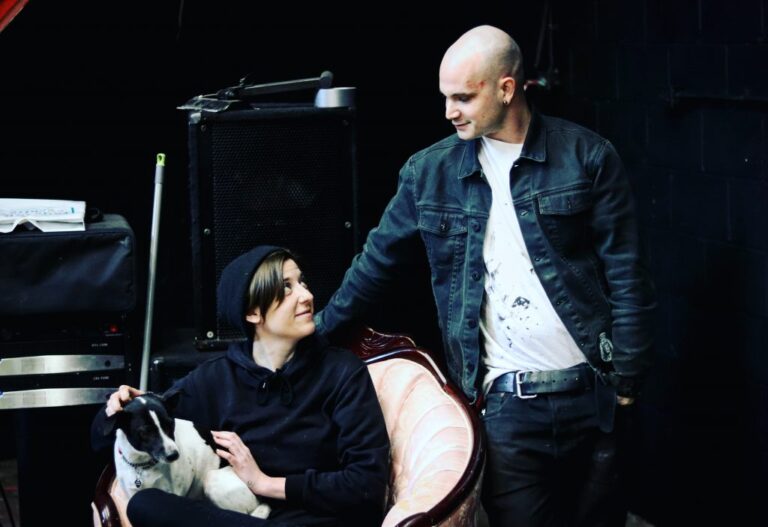
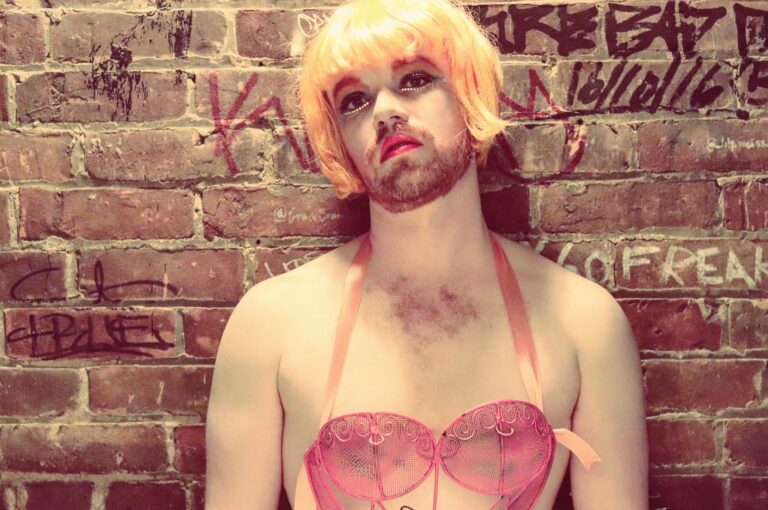
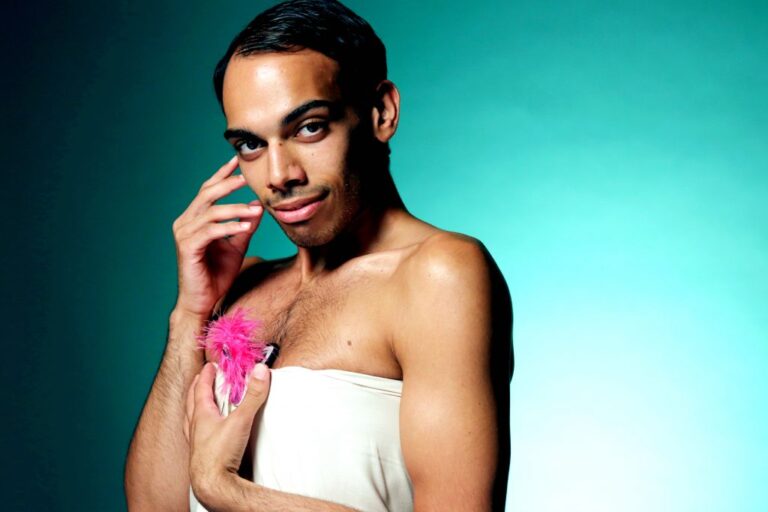
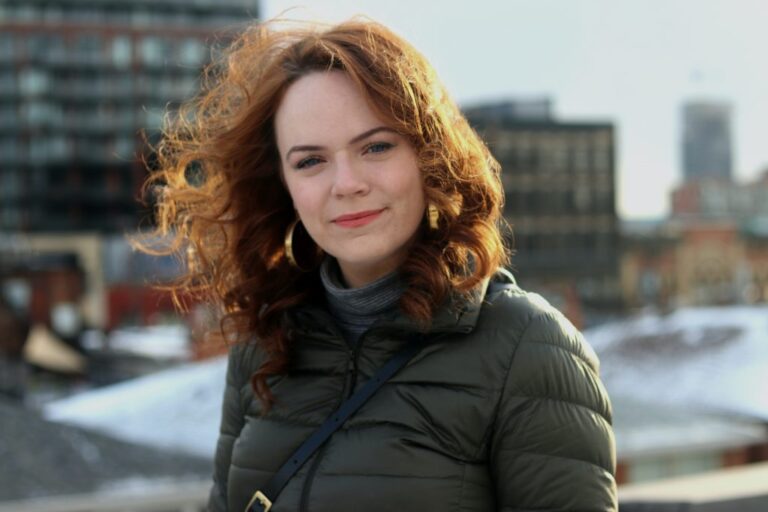
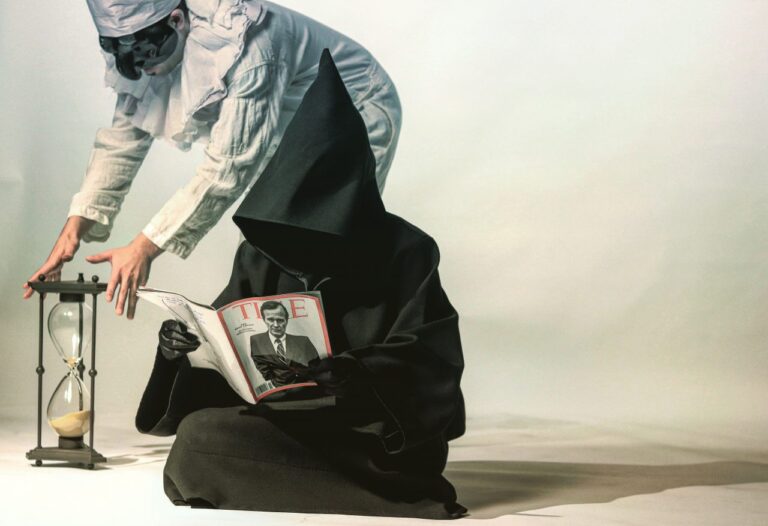
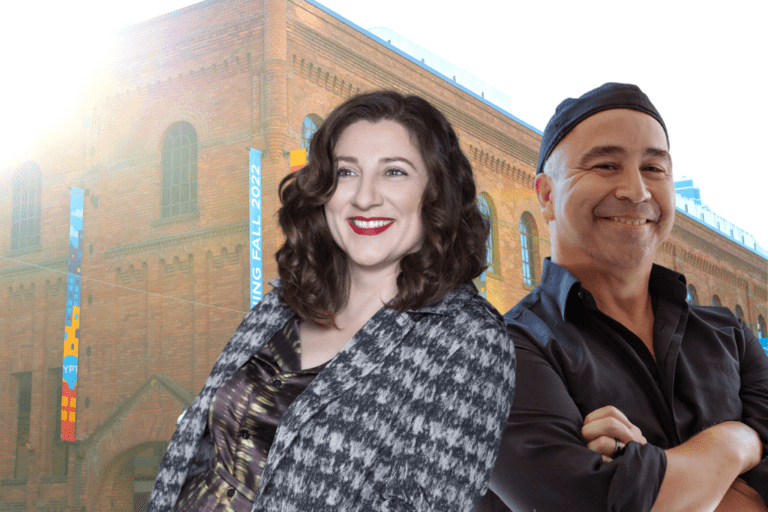
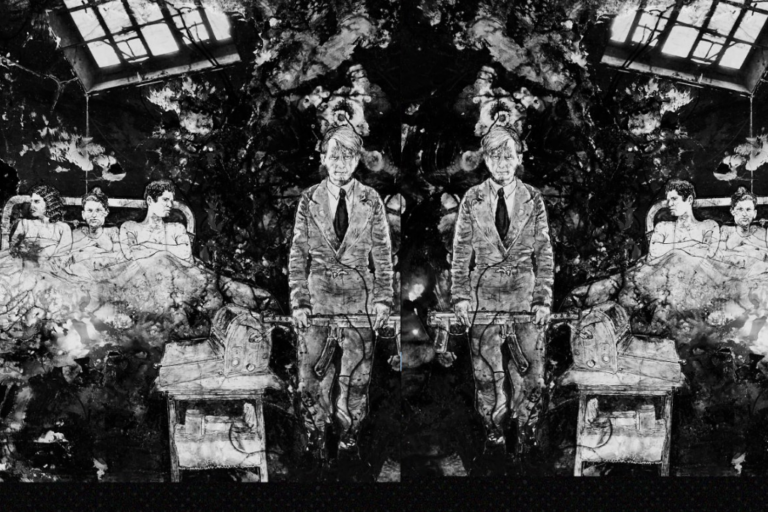
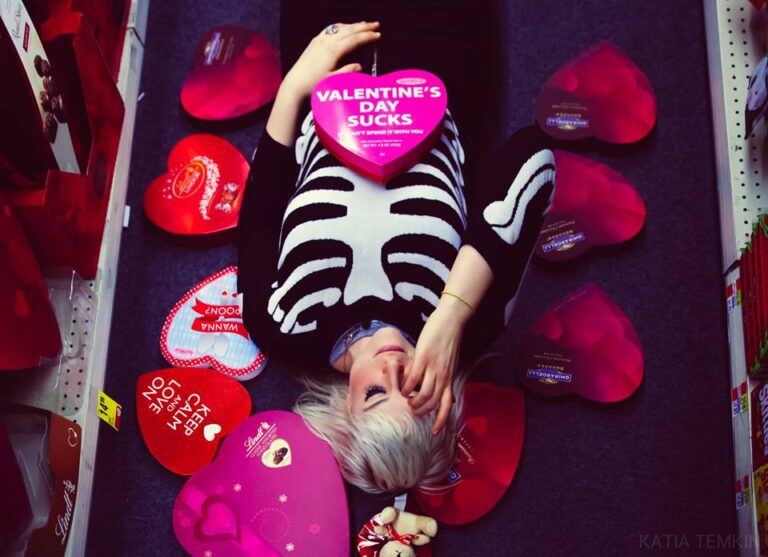
Comments